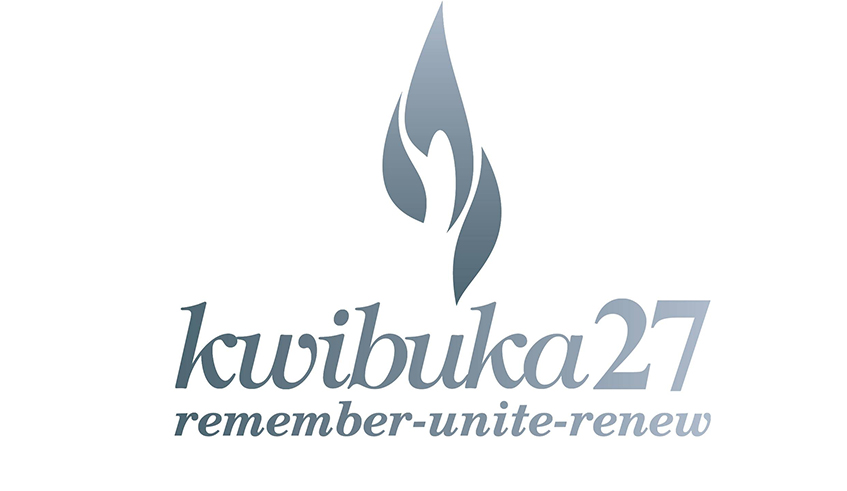

Rwandans and the rest of the global community pause Wednesday to pay tribute to the victims of the 1994 Genocide against the Tutsi and to reflect on how far the country has come in building a united and prosperous Rwanda.
Looking back at the last 27 years since the beginning of the 100-day slaughter, today’s Rwanda is unrecognisable from the deeply divided and blood-soaked country it was back then.
Today, we pay tribute to the more than a million victims of a genocidal and virulently racist regime that for long had normalised politics of exclusion and hatred, pitting Rwandans against one another, and ultimately plunging the nation into the worst human catastrophe in living memory.
While they abused and oppressed Rwandans inside the country, the pre-genocide regimes continued to banish thousands of citizens and vehemently rejected all attempts for Rwandans to return home.
For decades prior to the Genocide against the Tutsi, the country had been polarised along ethnic divides and regional favouritism, first under Gregoire Kayibanda and then Juvenal Habyarimana, before the latter was assassinated by extremists within his inner circle (Akazu) to find a pretext for a meticulously prepared genocide.
Now, a genocide is not an event, it is a long process that involves multiple stages. Scholars have identified at least eight such stages that involve careful planning with a view to ultimately destroy, in whole or in part, an ethnic, racial or religious group. The key stages of a genocide have been identified as classification, symbolization, dehumanization, organization, polarization, preparation, extermination, and denial. Rwandans endured each of these stages of genocide, with the last phase (denial) still very much alive to date.
However, over the years, the people of Rwanda have proved to be brave and courageous throughout all these challenges of existential threat against a section of the population. It is Rwandans themselves – led by the Rwanda Patriotic Front/Army (RPF/RPA) that pushed back against the Genocide eventually bringing it to a halt in July 1994, and it is Rwandans themselves that would pick up the pieces, bury their dead (with dignity) and rebuild their country.
Indeed, the journey of rebuilding Rwanda’s social fabric and economy, while at the same time remaining on guard against genocide denial and ideology in all their manifestations, is a continuous effort and devotion.
To the young people of Rwanda both at home and abroad, we urge you to borrow a leaf from the older generations that stood up for the unity and wellbeing of Rwandans and build on the tremendous achievements hitherto made to continue the heroic legacy of the men and women that sacrificed their youth and comforts – and, lives, for some – for this country.
To the survivors of the 1994 Genocide against the Tutsi, Rwandans are immensely proud of your determination to not be defined by a traumatic past but rather seek to make your slain loved ones proud through rebuilding your lives.
As we commemorate the Genocide against the Tutsi we must continue to preserve the memory of the victims and recommit to building a united, prosperous and inclusive Rwanda.


